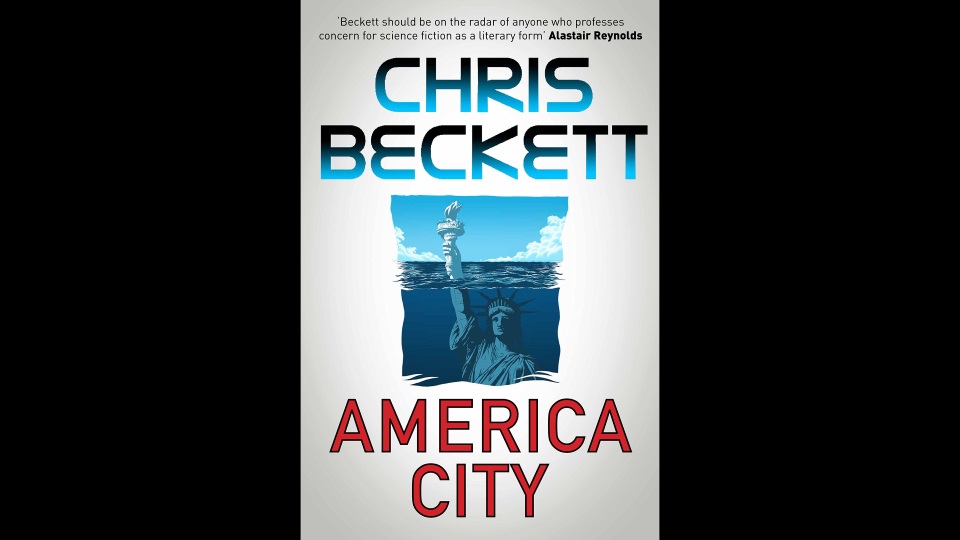

Still not sure what I think of this one. It occupies that area of SF that explores a current issue by extrapolating to the future and seeing how terrible it can make things. Here, it's climate change. It's the 22nd century, and rising temperatures have desertified vast swathes of the southwest of the US, and super storms are assaulting the southeast. People are driven out of their homes by this natural destruction, and slowly make their way to the northern states in their hundreds of thousands.
These domestic refugees aren't well-received by the northern electorate, which opens up an opportunity for the savvy Senator Slaymaker to take advantage of that ill feeling and turn it into a presidential campaign, while saving lives by re-configuring how all the states are put together.
The story is told through the eyes of Holly, a PR professional hired by Slaymaker to sell the story of re-building America, whatever it takes.
The book hits all of the noteworthy points of the last year of US political discourse. The sleeping bear of global warming is awake and ravaging the world. The wall cutting off Mexico has been built, and is added to every year (even as migrant labour is still needed to maintain a source of low paid employees). "Fake news" is another tool of the PR world, here enhanced by their only being one medium, and AIs helping to generate and drive the message political parties need to sell. Comparisons of Slaymaker with Trump are inevitable, but it's not something the book plays on. He's simply a very competent powerplayer.
For the first third, it felt a little too much like the author was laying out political points as a lecture. There's a certain superiority in Holly that knocks away every other viewpoint as childish. But she's flawed, too. Everyone is, in a manner that feels painfully realistic, particularly when it comes to her work absorbing her life and altering her morality to its own ends, independent of any mindful process.
The book focuses on those powers we can't control, and the fact that as much as we think we are making decisions, we're mostly regurgitating the "party line", or simply taking the easiest route, the comfortable approach. It's unsettling. No one in the book really controls things for the better, for any objective good. It's all about who can make what they desire become the dominant need of the public. It's kind of depressing.
I don't think I enjoyed it. I'm not sure it's a book that's meant to be enjoyed. Still good though, even if occasionally a little on the nose.
Recommended.
Tagged: Book Science fiction Environmental disaster Novel Print